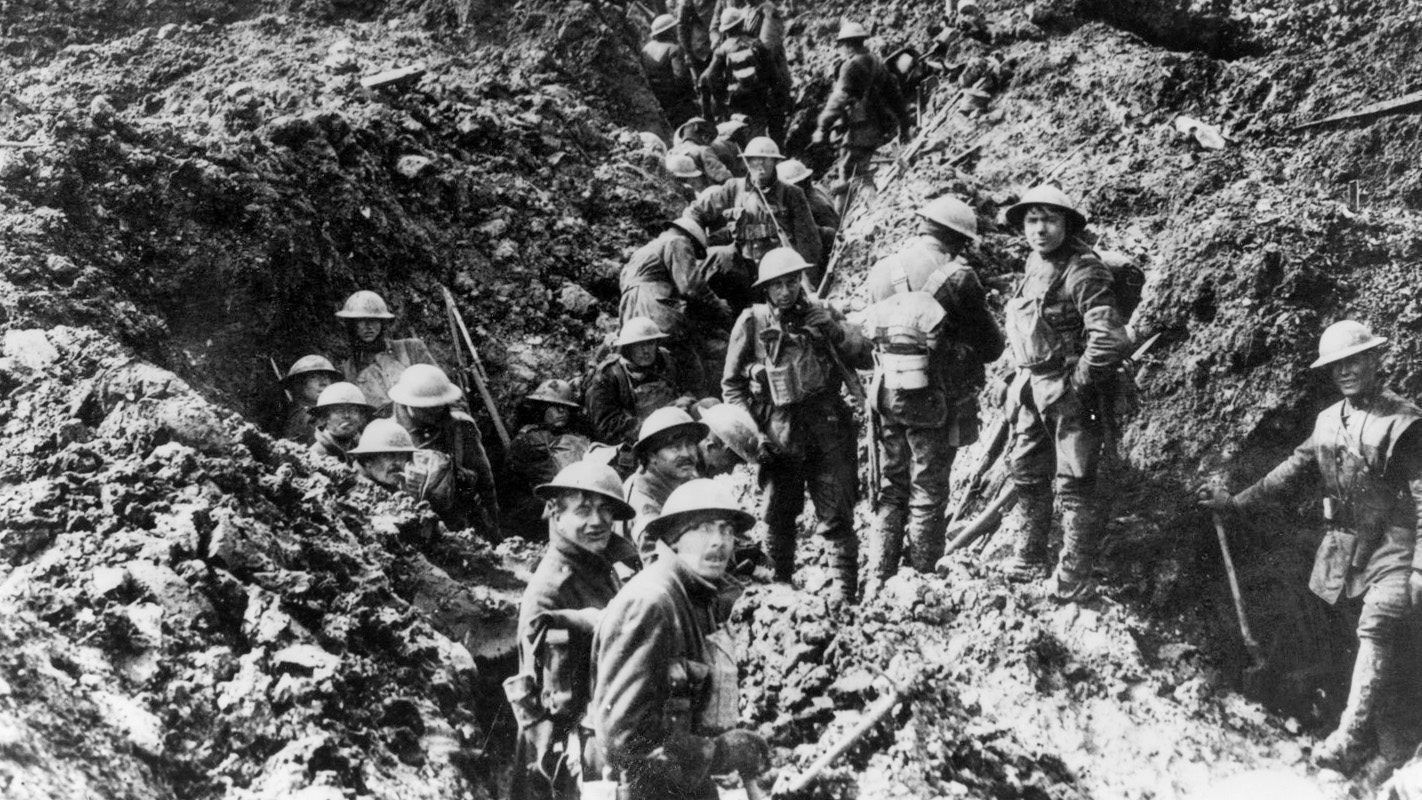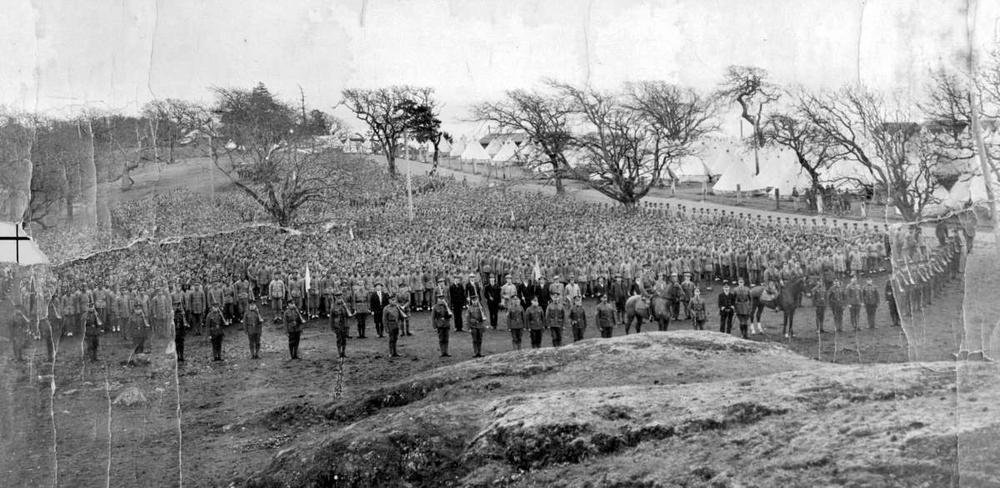On the Important Questions of War and Peace

– On the occasion of the centenary of the end of World War I, we are featuring a series of articles on the war and related matters of concern. This article is from the Great Soviet Encyclopedia, 3rd Edition (1970-1979). It was originally posted on this blog on July 28, 2014 –
World War I (1914–18)
[was] an imperialist war between two coalitions of capitalist powers for a redivision of the already divided world (a repartition of colonies, spheres of influence, and spheres for the investment of capital) and for the enslavement of other peoples. At first, the war involved eight European states: Germany and Austria-Hungary against Great Britain, France, Russia, Belgium, Serbia, and Montenegro. Later, most of the countries in the world entered the war. A total of four states fought on the side of the Austro-German bloc; 34 states, including four British dominions and the colony of India, all of which signed the Treaty of Versailles in 1919, took part on the side of the Entente. On both sides, the war was aggressive and unjust. Only in Belgium, Serbia, and Montenegro did it include elements of a war of national liberation. Continue reading →
Filed under Europe, History
Tagged as World War I





 Episode 68 of Education is a Right Podcast, released on the occasion of Remembrance Day 2020, is introduced as follows:
Episode 68 of Education is a Right Podcast, released on the occasion of Remembrance Day 2020, is introduced as follows:




















